Python Course
Weekend (Sat & Sun)
Apply Now
Key Highlights
Overview
This Python Course Training will help you understand the fundamentals of Python programming, including syntax, data structures, and control flow.
It progresses to advanced topics like object-oriented programming, file handling, and error handling.
Participants also learn about Python's web development Frameworks (e.g., Django, Flask).
The course often includes hands-on projects, coding exercises, and assessments to build practical skills, making it suitable for beginners and those seeking to enhance their Python expertise.
Versatility: Python is a general-purpose language, which means it can be used for a wide variety of applications, from web development to data analysis, artificial intelligence, automation, scientific computing, and more.
Ease of Learning: Python has a simple, readable syntax, making it an excellent choice for beginners. Its structure is straightforward, so you can focus on learning programming concepts rather than dealing with complex syntax.
Community and Support: Python has a large, active community. This means you’ll find plenty of resources, tutorials, libraries, and frameworks to help you learn and solve problems.
Career Opportunities: Python is in high demand in the job market. Many industries use Python, and its popularity is growing, especially in fields like data science, AI, machine learning, and web development.
Libraries and Frameworks: Python has a rich ecosystem of libraries and frameworks, such as Django for web development, TensorFlow for machine learning, and Pandas for data analysis. These tools can significantly speed up development and allow you to work on complex projects relatively easily.
Cross-Platform Compatibility: Python is cross-platform, meaning you can run it on Windows, macOS, Linux, and even some mobile operating systems. This flexibility allows you to develop on one system and deploy on another without major modifications.
Automation: Python is great for scripting and automating repetitive tasks. Whether you're managing servers, processing data, or automating everyday tasks, Python can help you save time.
Open Source and Free: Python is open-source, which means it’s free to use, modify, and distribute. This also contributes to the wealth of community resources available.
Integration Capabilities: Python can easily integrate with other languages and technologies, making it a good choice for projects that require interaction with other systems.
In this course, you can learn various concepts related to Python including Introduction, Basic Syntax, Control Flow Statements, Functions, Different Data Structures, Modules & Packages, File Handling, Object-Oriented Programming (OOP) Concepts, Debugging and Testing, Working with Databases, Web Development with Python, Introduction to web frameworks (e.g., Flask, Django), Automation and Scripting, Advanced Topics and many more.
No, It is not necessary to have any prerequisites to take this course.
While Python training covers all the essential aspects of this language, prior experience can certainly be advantageous during the course.
Yes, Python is an excellent language for beginners.
Its simple, readable syntax makes it easy to learn and understand, allowing newcomers to focus on learning programming concepts rather than complex language rules.
Python's versatility and extensive community support provide plenty of resources and opportunities to build projects, making it a great starting point for anyone new to programming.
Skills to Master
Benefits of Program Lover Python Course
These classes are conducted online by experienced professionals who are experts in their fields.
You can interact with the instructors in real time, ask questions, and get immediate feedback.
You have access to specialized teams who can help you with both technical and non-technical issues.
Whether you need help with understanding complex concepts, troubleshooting code, or any other queries, these teams are available to assist you.
The course curriculum includes all the essential topics you need to learn, along with practical projects that are directly relevant to the industry.
These projects give you hands-on experience and help you apply what you've learned to real-world scenarios.
You can reach out to the support teams at any time, day or night, for assistance with any doubts or issues.
This round-the-clock support ensures that you can keep learning and progressing without delays.
Python Course Syllabus
Introduction and Basics
- Python Introduction
- Features and Applications
- Python Installation
- Simple "Hello world" Program
- Python and Java Program Comparison
- IDEs (Integrated Development Environments) for Python
Keywords, Variables, Data Types & Operators
- Keywords
- Data Types
- Variables
- Global and Local Variables
- Operators
- Operator Overloading
Conditional & Flow Control Statements
- Conditional (Decision-Making) Statements
- Loops
- Control Statements
- Chaining Comparison
String, List, Tuple, Set & Dictionary Data Types
- String
- Arrays and Lists
- Tuples
- Sets
- Dictionary
Modules, Packages & Functions
- Modules
- Packages
- Functions
- Function with arguments
- Function Arbitrary (*args)
- Function Keyword Arguments (**kwargs)
- Lambda Functions
File Operations
- File Handling
- Open a File
- Reading a File
- Writing to a File
Object-Oriented Programming
- Class and Object
- Constructors
- Inheritance
- Polymorphism
- Encapsulation
- Garbage Collection
Exception Handling & Multithreading
- Exception Handling
- Try Except Block
- Built-in Exception
- User-defined Exception
- Multithreading
Introduction and Basics
- Introduction to Django
- Installation of Django
- Creating a virtual environment for better dependency management
- Setup Django environment
- Create your first sample Django project
- Understanding the project structure of a newly created django project
- Django Admin, Commands and Shell
- Difference between a App and a Project
- Role of Flask and Django
Django Architecture
- Django Project MVT Architecture and MVC
- Difference Between MVT and MVC
Routing
- Understanding urls.py and the purpose of it
- Creating urls with names and namespaces
- Building dynamic urls
- Mapping of the urls with the view functions
- Linking the urls of an app in a project with the the root app of the project using 'include'
Django Views
- Function Based Views
- Django CURD operation using function
- What is Render and relative
- Import URL names as Links
The Django Template System
- Basic Using Template System
- Need for templates
- How to Configure Template
- Template Loading
- Using conditionals and looping in django templates
- Django convention of storing the static assets like images, css and javascript and referencing them from the template
- Handling different kind of media files Template Inheritance
Interacting with Databases
- What is ORM?
- Benefits of ORM
- Connecting a django project to a database (SQLite and PostgreSQL)
- Django migrations
- Visualize business data as django models
- Django model Field and field types
- Relationship between django models - One to One, Many to One, Many to Many
- Saving, updating, deleting, and querying django models admin files and registration models fields
The Django Admin Dashboard
- Activating the admin interface
- Customize admin dashboard
- Creating superuser for accessing the backend admin dashboard
- Customizing django admin templates look and feel (perform CRUD Operations)
Session Management
- HTTP as a stateless protocol
- Django session management built in app
- Concept of session management and how it internally uses cookies and session id
- Storing attributes in a session and retrieving from the same session
- Destroying a session using 'flush'
Django Class Based Generic Views
- Introduction Generic Class Based Views
- How to create generic class based views
- Class based CRUDE operation
- Create views
- Retrieve views
- Update views
- Delete views
Rest Web Services
- Web Services and REST
- Django REST framework
- What is serializers?
- Creating Views
- Creating urls
- Update and delete records using
- serializer/django rest freamwork
- POSTMAN details and how to check
- API's in POSTMAN
- Resume Writing Guide
- Discuss Python Interview Questions
- Social Media Use Profile Building (YouTube, LinkedIn, Instagram, GitHub)
- How to Apply For Jobs (Naukri, Indeed, LinkedIn)
- Mock Interview
- Interview Calls
Python Projects
You’ll work on various Python projects that help you apply what you've learned in an online classroom.
These projects range from beginner to advanced levels and cover different aspects of Python programming.
By the end of these projects, you’ll have a portfolio that showcases your skills and understanding of Python and Web Development Framework (Django).
Throughout the course, you'll practice using essential tools that are widely used in the industry.
This includes version control systems like Git, integrated development environments (IDEs) like PyCharm, and libraries and frameworks like Django and Pandas.
Mastering these tools is crucial for any Python developer, as they enhance your coding efficiency and project management.
The course content and projects are designed by industry experts who have years of experience in the field.
They ensure that the curriculum is up-to-date with the latest trends and technologies in Python development.
This expert-driven approach guarantees that you are learning skills that are in demand and relevant in today’s job market.
By working on these projects and using industry-standard tools, you gain real-world experience that goes beyond theoretical knowledge.
This hands-on approach helps you understand how Python is used in real-world applications, preparing you for actual challenges you might face in a professional setting.
Tools to Master

Python
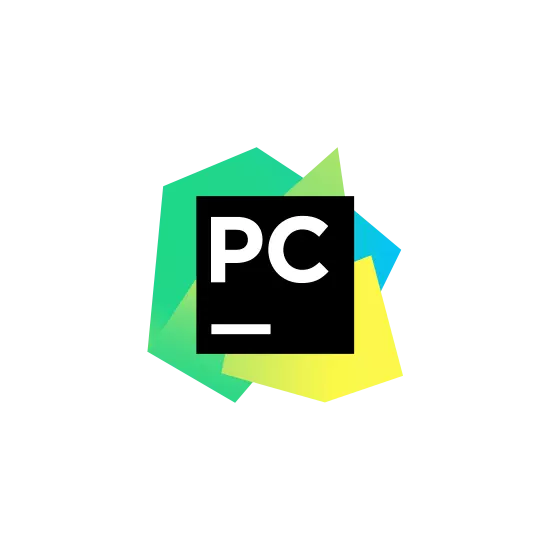
PyCharm

Django
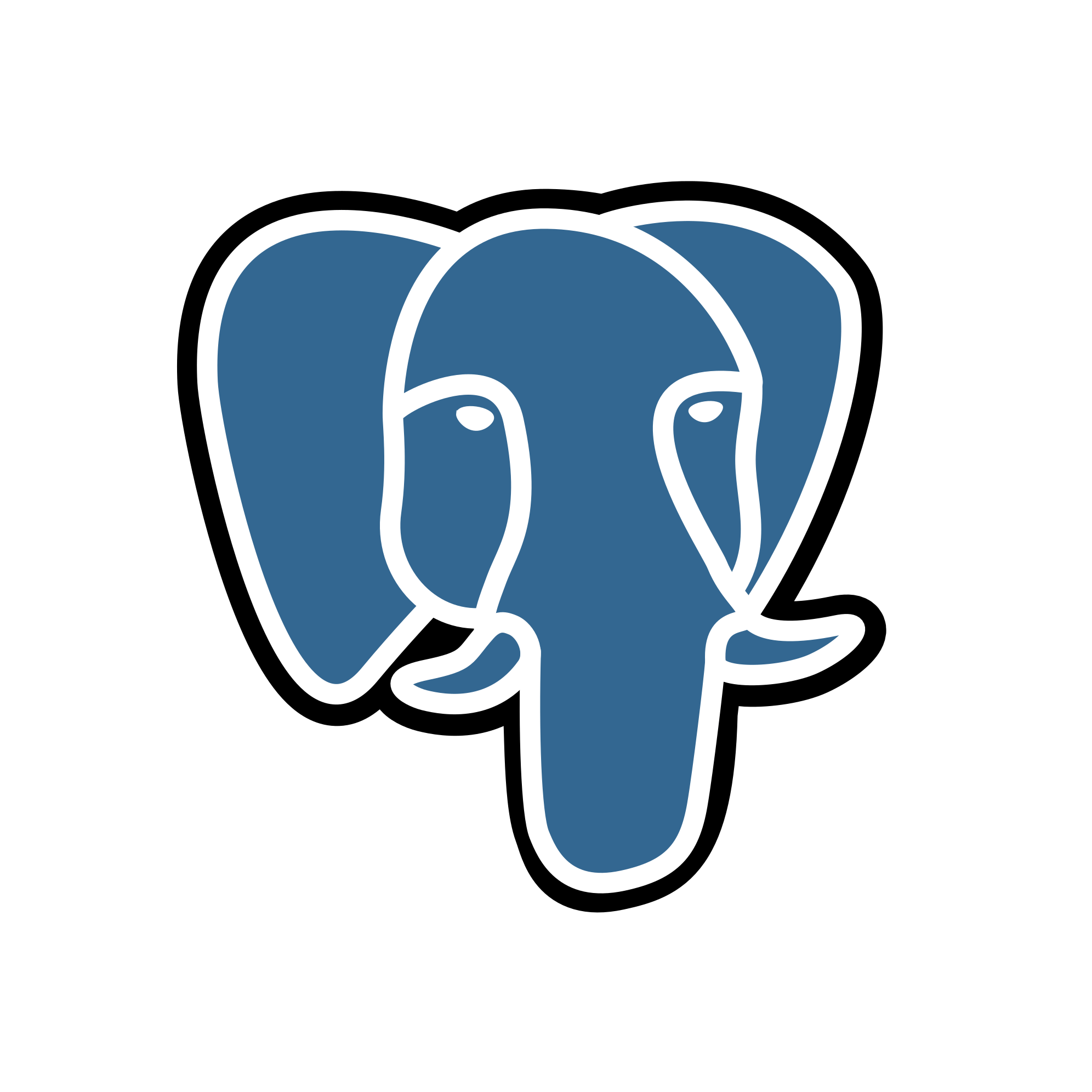
PostgreSQL DB
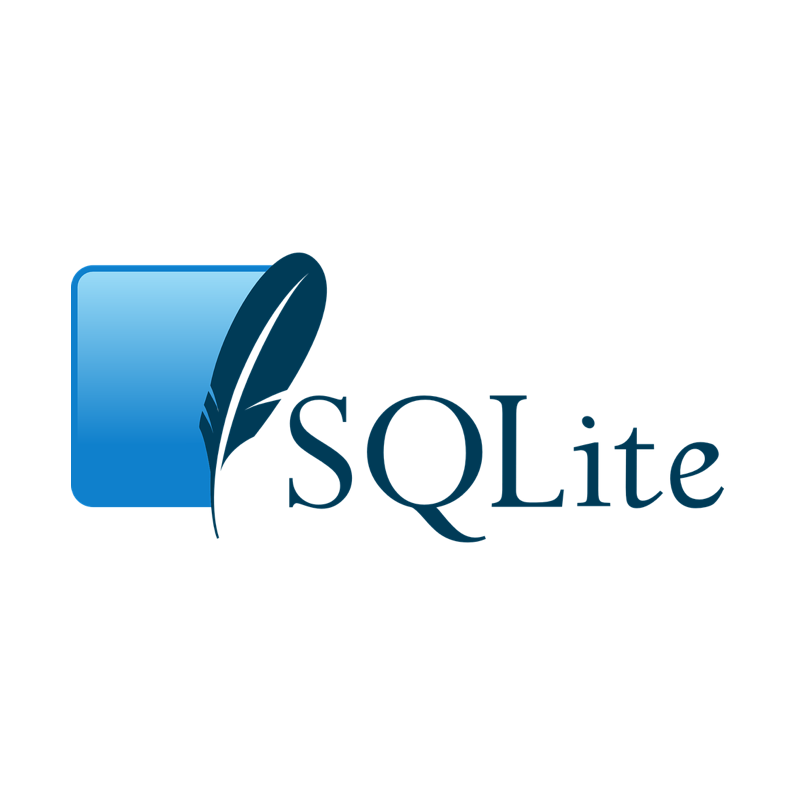
SQLite DB
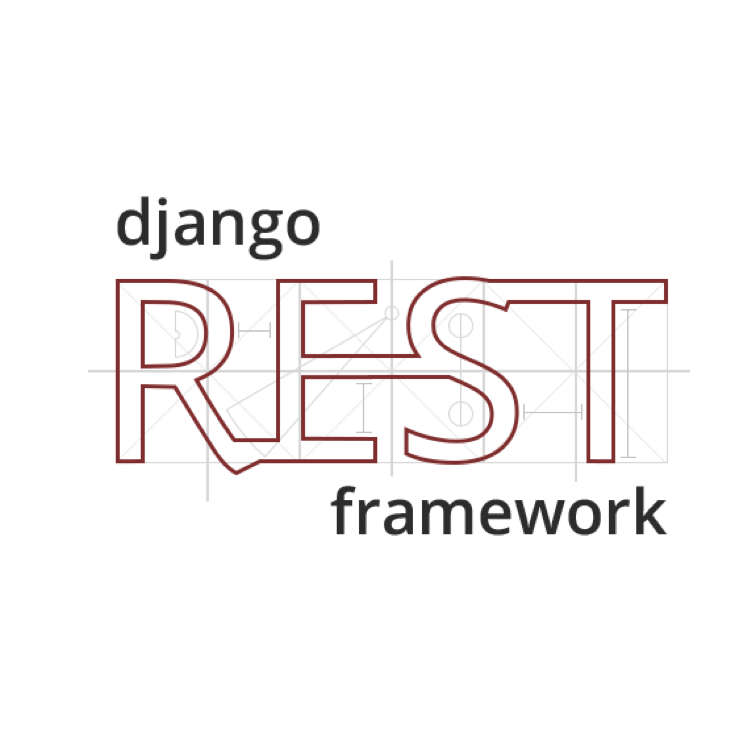
Rest Framework
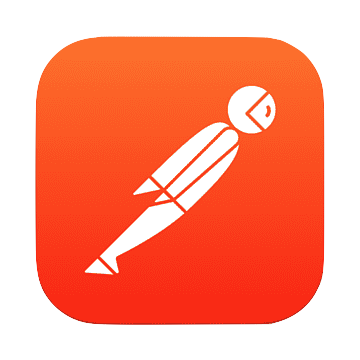
Postman
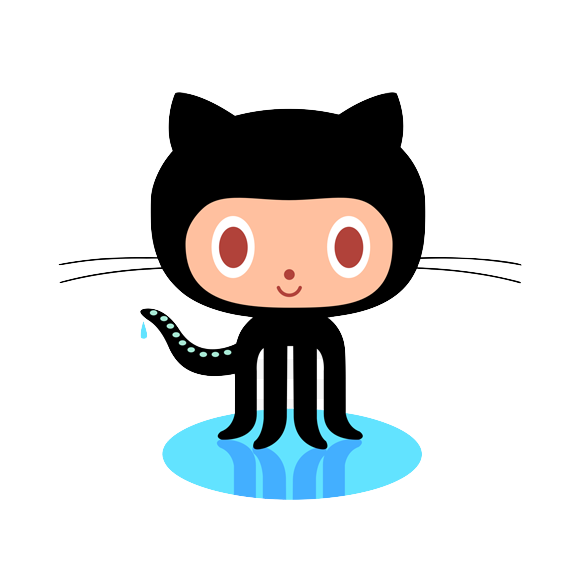
GitHub
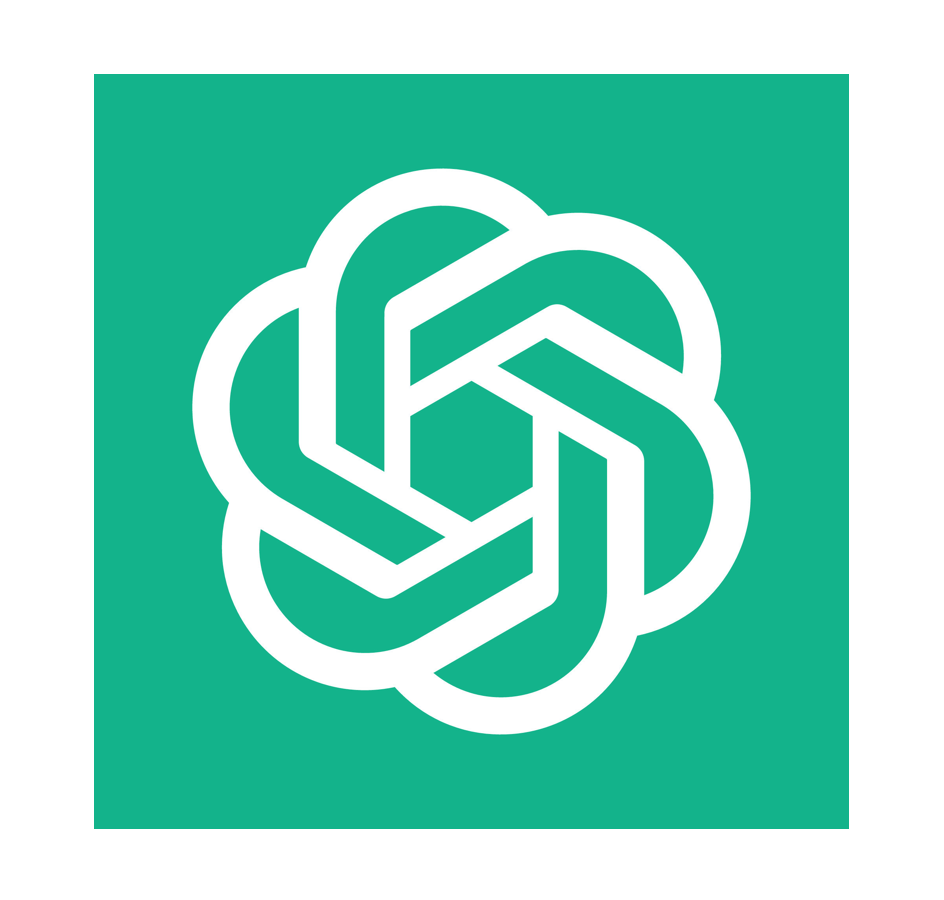
ChatGPT

Grammarly
Instructor

Meet Ganesh Kalwane, an experienced Python software developer with over 10+ years of experience in software development.
With a deep understanding of Python and a strong background in building scalable, high-performance applications, Ganesh has mastered the art of crafting efficient code and solving complex technical challenges.
In addition to their extensive development expertise, Ganesh has spent the last 5+ years training aspiring developers, sharing their knowledge and insights with a passion for mentoring.
Their dual experience in both development and training makes Ganesh a valuable resource, capable of not only building cutting-edge software but also guiding others to reach their full potential in the tech industry.
Batches
| START DATE | DURATION | DAY | TIME | TRAINING MODE |
|---|---|---|---|---|
| 07 Dec 2024 | 1 Months | Weekend (Sat & Sun) | 11:00 AM - 01:00 PM | Online (Eng & Hin) |
Python Training Reviews
Contact Us
Frequently Asked Questions
Here are some job roles you can apply for:
- Python Programmer
- Python Software Engineer
- Python Software Developer
- Python Web Application Developer
- Python Full-stack Application Developer
- Software Engineer
- Automation Testing Engineer
It can help you find jobs in different sectors, giving you the flexibility to choose a role that fits you best.
- Data Analyst Engineer
- Data Scientist Engineer
- Machine Learning Engineer
- Artificial Intelligence Engineer
Or, you can contact the support team. They will arrange an extra class and one-on-one meetings with your trainers to help you catch up.

